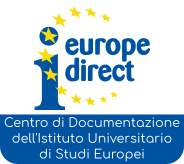Overall, the reformed cohesion policy will make available up to EUR 366.8 billion] to invest in Europe’s regions, cities and the real economy. It will be the EU’s principle investment tool for delivering the Europe 2020 goals: creating growth and jobs, tackling climate change and energy dependence, and reducing poverty and social exclusion. This will be helped through targeting the European Regional Development Fund at key priorities such as support for small and medium-sized enterprises where the objective is to double support from EUR 70 to 140 billion over the 7 years. There will be stronger result-orientation and a new performance reserve in all European Structural and Investment Funds that incentivises good projects. Finally, efficiency in cohesion policy, rural development and the fisheries fund will also be linked to economic governance to encourage compliance of Member States with the EU’s recommendations under the European Semester.
The skills to develop and finance EU funded projects are now essential know-how for individuals operating in public and private entities, as well as new graduates who are interested in accessing EU financing. The courses in this area aim to utilise the principles of Project Cycle Management (PCM) and provide participants with the tools to develop and manage projects according to the methods requested by the European Commission.

